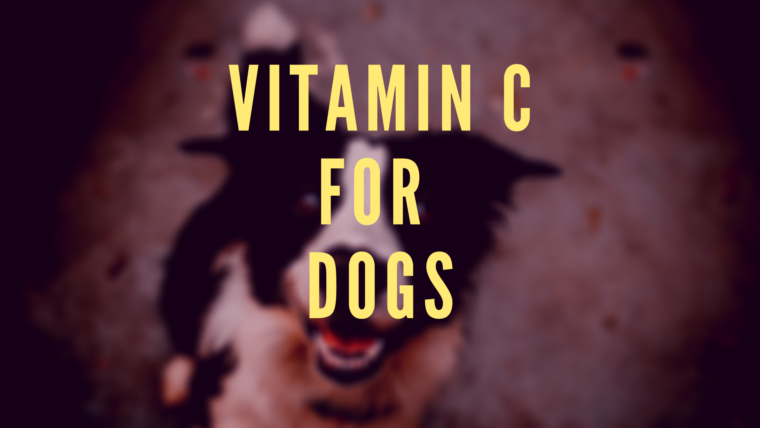Is Vitamin C Good for Dogs?
- Nagano Tonic Reviews: The Ultimate Japanese Elixir for Weight Loss and Vitality - November 15, 2024
- Quietum Plus: The Natural Solution for Ear Health & Peaceful Living - February 19, 2024
- Sugar Defender Review – Does This Supplement Help Manage Blood Sugar? - February 16, 2024
Do dogs need vitamin C? It’s natural to think that dogs need the same vitamins as humans. It’s important to understand the difference between humans and animals. Most dogs can produce their own vitamin C with their liver, humans are unable to do this and must consume it through their foods. Since dogs are carnivores they have no real need for fruits and vegetables. There are some cases where dogs will need to supplement their diets, however, there is vitamin C for dogs out there. Below is a short list of reasons a dog can and may need to supplement for vitamins C.
1. Vet Recommended
Unlike humans, dogs can often eat animal fat, meat and proper dog food to sustain their health for the length of their life span. The animal fats and dog foods include all the necessary vitamins your pet may need. Some dogs may be born with predispositions which require that they supplement their diet, a veterinarian may recommend vita C to help protect your pets liver and vital organs from disease and illness. For all pet vitamin supplementation it is important to consult your vet beforehand. Like a small child or baby, dogs are not able to consume the same types of foods and vitamins in the same quantities as an adult human.
2. Post OP
If your dog is recovering for surgery then you may find that they are prescribed medication that contains ascorbic acid (vitamin C). Similar to a human, it can aid in recovery and boast the immune system. It is very important to follow the dosage on the medication or vitamin packing per your vets instructions.
3. Postpartum
If your dog has given birth they may be prescribed medication containing vitamin C. Similar to post op, your dog may need supplements to aid in recovery. It’s important to pay close attention to your dog’s health during this time to ensure they are recovering properly.
4. Illness
If your dog suffers from an illness or sickness, they may be prescribed vita C. Dogs can become ill and some diseases can affect a dog’s liver. Canine hepatitis and liver disease can leave your dog unable to produce proper vitamin production, animals suffering from this condition may be prescribed medication containing vitamin C. Dogs who are just sick in general may also be prescribed a low dose of medication containing vitamin C if the dog is having trouble producing it on their own.
5. Senior Dog
Senior dogs are dogs in their later years or past their prime years. Often older dogs may have a harder time producing necessary vitamins needed to sustain their health. If your dog is in its later years and seems to be sickly or is eating grass, it may be time to take them into the vet for an evaluation and supplementation. Dogs may eat grass to help them throw up something they eat that is hurting their stomach or they may do it because they are feeling sick and grass has vitamin C. If you experience your dog eating grass or seeming sickly it’s time for a check up.
In general, the recommended dosage for vitamin C for dogs is between 100 mg to 500 mg’s per day and less than 100 mg per day for dogs who have a low stomach tolerance for it. The total milligrams per day may be totally different for your dog and will depend on the dogs age, tolerance and overall size. Consult a vet prior to supplementing your pet. Please be mindful when supplementing your pet, vitamin C overdose for pets can be harmful and lead to illness and death, pets do not excrete excess of it at the same rate as humans.


